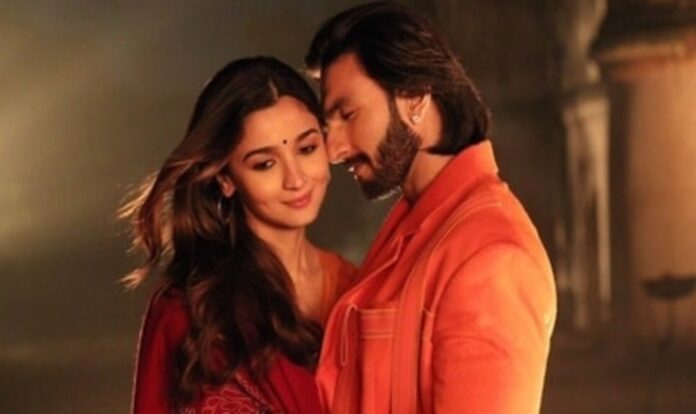Karan Johar’s highly anticipated directorial comeback, “Rocky Aur Rani Kii Prem Kahaani” (RARKPK), promised to be a quintessential masala film, replete with opulence, family values, and emotional rollercoasters. Fans and cinephiles eagerly awaited the return of the maestro, hoping to be enthralled by his trademark larger-than-life storytelling. However, as the curtains lifted, it became apparent that the film suffered from some glaring issues that left audiences divided.
On the positive side, “Rocky Aur Rani Kii Prem Kahaani” did manage to resurrect the grandeur and extravagance characteristic of Karan Johar’s cinema. The sets were resplendent, the dance sequences were flawlessly choreographed, and the overall visual experience was a treat for the eyes. However, beneath the glossy surface lay a protracted narrative that struggled to captivate from the start.
One of the film’s major pitfalls was its failure to engage viewers swiftly. A slow-paced first act left many feeling disconnected and disinterested. As the plot meandered through a seemingly never-ending saga of romance and moral lessons, the initial excitement waned, leaving audiences craving for a tighter and more gripping storyline. Yet, beyond the pacing issues, what truly disappointed many was the perpetuation of clichéd and stereotypical portrayals. The film reinforced regressive notions by depicting Punjabis as loud and uncouth, and Bengalis as overtly intellectual.
Bollywood’s reluctance to break free from these outdated archetypes only dampened the film’s potential. It is high time the industry sheds these stereotypes and embraces diverse and realistic representations of different cultures and communities. Moreover, while Bollywood has made strides in challenging the objectification of female characters, “Rocky Aur Rani Kii Prem Kahaani” stumbled in this aspect by unapologetically objectifying the male protagonist. This inconsistency raised eyebrows, as it seemed to contradict the progress the industry had made in advocating for more respectful portrayals of women.
Furthermore, the film’s portrayal of women in Punjabi households was marred by inaccuracy. Depicting all women covering their heads with dupattas appeared out of touch with the modern reality and contributed to a regressive image of women’s roles in such households. In the wake of progressive cinema taking center stage, the lapses in “Rocky Aur Rani Kii Prem Kahaani” served as a stark reminder that Bollywood still has a long way to go in terms of evolving its narratives, character portrayals, and cultural representations.
In conclusion, “Rocky Aur Rani Kii Prem Kahaani” may have triumphed in recapturing Karan Johar’s grand cinematic flair, but it faltered in delivering a tightly woven narrative and responsible character portrayals. By perpetuating stereotypes and inconsistent portrayals, the film missed the opportunity to break new ground in Bollywood storytelling. As audiences continue to demand diverse and progressive cinema, it is essential for filmmakers to challenge clichés and embrace a more inclusive and respectful approach to storytelling. Only then can Bollywood truly reflect the changing times and sensibilities of its diverse audience.


